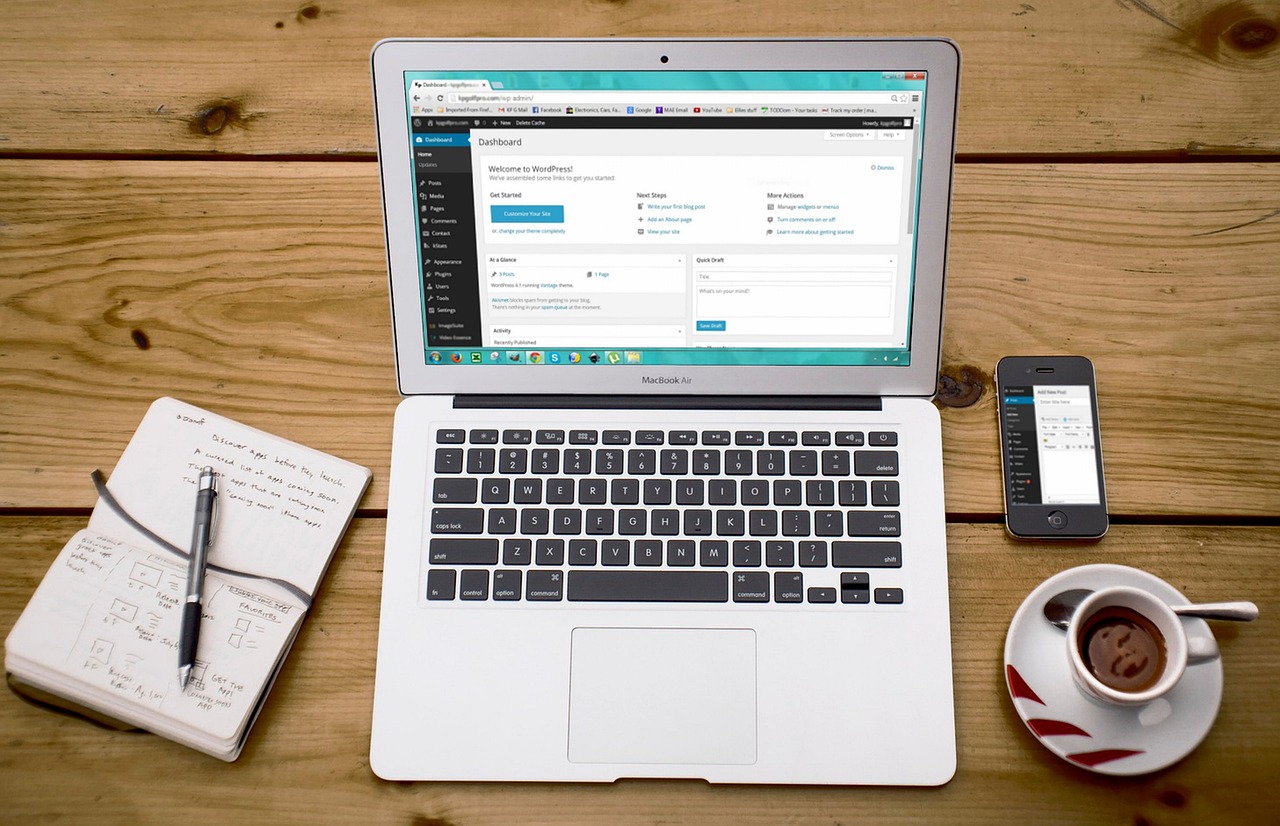Best Platform to Build Your Website: A Guide for 2025

When building a website, selecting the right platform is one of the most critical decisions. With evolving technologies and user expectations, the platform you choose will affect everything from the design process to site performance and scalability. In 2025, the website-building landscape has expanded, offering a mix of simplicity, customization, and advanced features. This blog explores how to choose the best platform for your website, as it is one the most fundamental decisions you can make for your digital presence.
Why Choosing the Right Platform Matters
Your website-building platform sets the foundation for your online presence. It dictates:
- Ease of Use: How intuitive and beginner-friendly the platform is.
- Design Flexibility: The range of customization options available.
- Functionality: The features and plugins to support your website’s goals.
- Scalability: How well the platform can grow with your business.
- Cost: Upfront and ongoing expenses, including hosting and maintenance.
Choosing the right platform ensures your website remains functional, user-friendly, and aligned with your objectives.
Key Factors to Consider in 2025
1. Purpose of Your Website
Your platform should suit your website’s primary function. Are you building an e-commerce site, a blog, a portfolio, or a corporate site? Platforms like WordPress shine in versatility, while others specialize in specific needs like online stores.
2. Ease of Use
For beginners, platforms like Wix or Squarespace offer drag-and-drop builders, making website building accessible without coding. However, they may lack the scalability of WordPress or Joomla.
3. Customizability
A customizable platform allows you to create a unique look and feel. WordPress offers thousands of themes and plugins to cater to various industries, ensuring your site stands out.
4. Budget
Your budget plays a big role. Some platforms, like Wix, have all-in-one pricing, including hosting, while WordPress lets you choose your hosting provider, often making it more cost-effective as your site grows.
5. Search Engine Optimization (SEO)
If ranking on Google is a priority, choose a platform with strong SEO capabilities. WordPress excels in this area with plugins like Yoast SEO, which guide you in optimizing content for search engines.
6. Scalability
Planning to expand your site in the future? WordPress is ideal for scaling, handling everything from small blogs to large e-commerce stores.
7. Support and Community
A platform with a large community or excellent support can save time and frustration. WordPress has one of the largest online communities, offering forums, tutorials, and professional support.
Overview of Popular Website-Building Platforms
1. WordPress
WordPress powers over 40% of websites worldwide, and it’s easy to see why. It’s open-source, highly customizable, and supports a wide range of functionalities through plugins. Whether you’re running a blog, an e-commerce store, or a corporate website, WordPress delivers unmatched flexibility.
Pros:
- Vast library of themes and plugins.
- Strong SEO tools.
- Flexibility for any type of website.
- Scalability and control over hosting.
Cons:
- Steeper learning curve for beginners.
- Requires separate hosting and security measures.
2. Wix
Wix is a user-friendly platform ideal for beginners and small businesses. Its drag-and-drop editor makes designing intuitive, but it may lack the depth of features for larger sites.
Pros:
- Easy to use.
- All-in-one pricing.
- Pre-designed templates.
Cons:
- Limited scalability.
- Less control over SEO compared to WordPress.
3. Squarespace
Squarespace is known for its sleek, modern designs. It’s great for portfolios, small businesses, and creative professionals but may not offer the same level of customization as WordPress.
Pros:
- Beautiful, mobile-responsive templates.
- User-friendly interface.
- Built-in hosting and security.
Cons:
- Limited third-party integrations.
- Less flexibility than open-source platforms.
4. Shopify
If e-commerce is your primary goal, Shopify is a strong contender. It’s designed specifically for online stores, offering built-in payment processing and inventory management.
Pros:
- Tailored for e-commerce.
- Secure and reliable.
- Excellent customer support.
Cons:
- Costlier than WordPress for large stores.
- Limited for non-e-commerce sites.
5. Joomla
Joomla is another open-source platform like WordPress, offering robust functionality and flexibility. It’s often used for more complex websites.
Pros:
- Advanced user management.
- Flexibility for developers.
- Strong multilingual support.
Cons:
- Steeper learning curve.
- Smaller plugin and theme library compared to WordPress.
- Outdates, not used much anymore.
- Requires code learning in moderation.
Our winner is WordPress, it’s the best platform to use, with great scalability and wide range on options. It is also best platform for SEO and while it is always a great idea to have professional website designers, it’s still possible to work on it without much training.
Why WordPress Stands Out in 2025
WordPress continues to dominate the website-building industry because of its versatility and adaptability. Here’s why it’s a top choice:
- Extensive Customization Options
With thousands of plugins and themes, WordPress allows businesses and individuals to create tailored websites. - Scalability
WordPress can grow with your business, whether you’re starting with a simple blog or scaling to a global e-commerce store. - SEO-Friendly
WordPress’s SEO plugins, like Yoast and Rank Math, ensure your site meets Google’s ranking requirements. - Community Support
The WordPress community is vast, offering forums, tutorials, and professional developers for hire. - Cost-Effective
Although there are costs for hosting and premium plugins, WordPress offers better value over time compared to all-in-one platforms.
Making Your Decision
When choosing a website-building platform, start by listing your priorities:
- What’s your budget?
- Do you need advanced customization?
- Is ease of use a top priority?
For most users, WordPress offers the best balance of flexibility, scalability, and cost-effectiveness. However, platforms like Wix or Squarespace may be better suited for those who prioritize simplicity and speed.
Tips for Building Your Website in 2025
- Plan for the Future: Choose a platform that can scale with your goals.
- Focus on SEO: Ensure your platform has strong SEO capabilities to drive traffic.
- Prioritize Mobile-Friendly Design: With most users browsing on mobile devices, mobile responsiveness is crucial.
- Invest in Security: Protect your site with secure hosting and plugins, especially on platforms like WordPress.
Choosing the right platform for your website in 2025 involves assessing your needs, budget, and long-term goals. Platforms like Wix and Squarespace are ideal for quick, simple setups, while WordPress stands out for its unmatched flexibility and scalability.
Whether you’re launching a personal blog or a full-scale business website, the right platform will set the foundation for your online success. Make an informed decision, and your website will serve you effectively for years to come.




